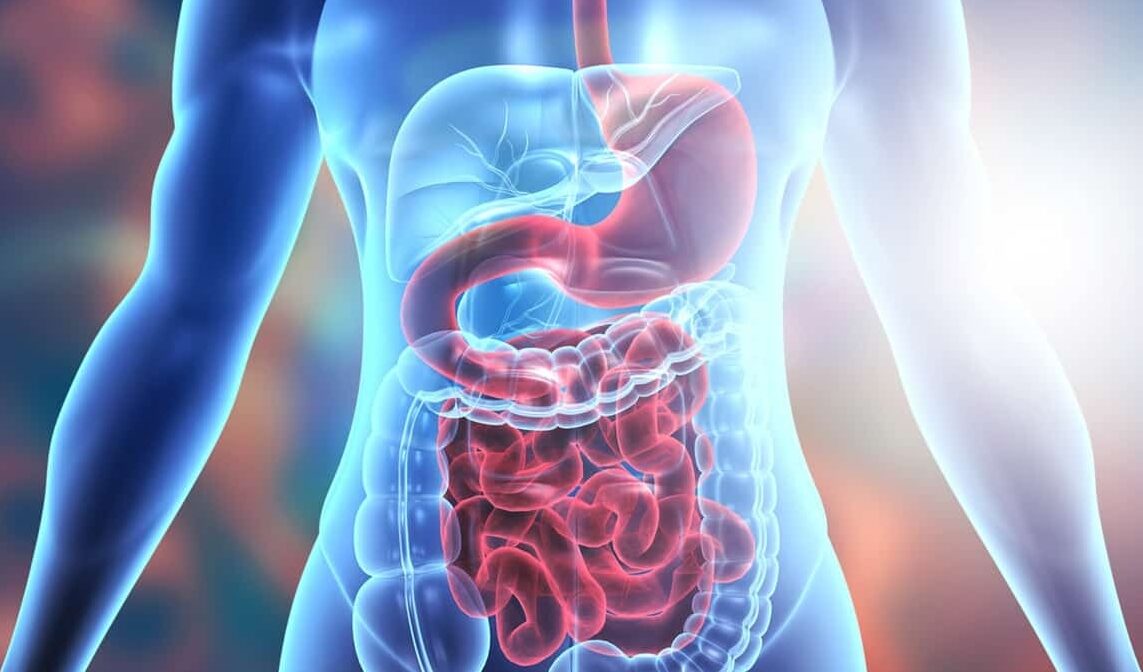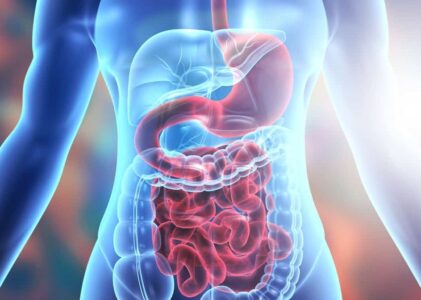Digestive disorders are common health problems that affect millions of people worldwide. One of the most prevalent digestive disorders is acid reflux disease, which occurs when stomach acid flows back up into the esophagus, leading to heartburn and other symptoms. Frequent or constant reflux can lead to gastroesophageal reflux disease (GERD), a more severe form of acid reflux that can cause complications if left untreated. The causes of acid reflux disease include a weak lower esophageal sphincter, hiatal hernia, and obesity. Treatment options include lifestyle changes, medications, and surgery.
Another common digestive disorder is irritable bowel syndrome (IBS), a chronic condition that affects the large intestine and causes symptoms such as cramping, abdominal pain, bloating, gas, and diarrhea or constipation, or both. The exact cause of IBS is unknown, but it is believed to be related to changes in the way the muscles in the digestive tract contract, leading to abnormal bowel movements and discomfort. Treatment options for IBS include dietary changes, stress reduction, and medications to manage symptoms.
Crohn’s disease is another digestive disorder that causes chronic inflammation of the gastrointestinal (GI) tract, which extends from the mouth to the anus. The exact cause of Crohn’s disease is unknown, but it is believed to be related to a combination of genetic and environmental factors. Symptoms of Crohn’s disease include abdominal pain, diarrhea, fever, and weight loss. Treatment options include medications to reduce inflammation, surgery to remove damaged portions of the GI tract, and lifestyle changes to manage symptoms.
Symptoms of digestive disorders
Digestive disorders can cause a range of symptoms that can be uncomfortable and disruptive to daily life. One common symptom of acid reflux is heartburn, which is a burning sensation in the chest that may be accompanied by other symptoms such as regurgitation, difficulty swallowing, and a sour taste in the mouth. Gastroesophageal reflux disease (GERD) is a more severe form of acid reflux that can cause chronic symptoms such as chest pain, difficulty swallowing, and persistent coughing. Additionally, acid reflux can lead to complications such as esophagitis and Barrett’s esophagus.
Irritable bowel syndrome (IBS) is another common digestive disorder that can cause a range of symptoms. These symptoms can include cramping, abdominal pain, bloating, gas, and changes in bowel movements such as diarrhea or constipation. The severity and frequency of these symptoms can vary from person to person, and IBS is a chronic condition that requires long-term management. Other symptoms of IBS can include fatigue, nausea, and backache. It’s important to note that IBS is not the same as inflammatory bowel disease (IBD).

Crohn’s disease is a type of IBD that causes inflammation in the digestive tract, which can lead to a range of symptoms. These symptoms can include abdominal pain, diarrhea, weight loss, rectal bleeding, and fatigue. Crohn’s disease can also cause complications such as fistulas, abscesses, and joint pain. It’s important to seek medical attention if you experience any of these symptoms, as Crohn’s disease can cause serious complications if left untreated. Additionally, Crohn’s disease can cause symptoms outside of the digestive tract, such as joint pain and skin rashes.
Treatment options for digestive disorders
Acid reflux, also known as gastroesophageal reflux disease (GERD), can be treated through a combination of lifestyle changes and medication. Lifestyle changes may include avoiding trigger foods, such as spicy or acidic foods, and eating smaller, more frequent meals. Over-the-counter antacids, such as Tums or Rolaids, can also help neutralize stomach acid and provide relief. In more severe cases, prescription medications, such as proton pump inhibitors (PPIs) or H2 blockers, may be necessary to reduce the amount of acid produced in the stomach. Surgery may also be an option for those who do not respond to other treatments.

Irritable bowel syndrome (IBS) treatment often involves a combination of dietary changes, medication, and stress management techniques. Dietary changes may include avoiding trigger foods, such as caffeine or high-fat foods, and increasing fiber intake. Medications, such as antispasmodics or laxatives, may be prescribed to alleviate symptoms. Stress management techniques, such as relaxation exercises or cognitive-behavioral therapy, can also be helpful in managing symptoms. It is important to note that IBS is a chronic condition, and treatment may need to be ongoing to manage symptoms.
Crohn’s disease treatment aims to decrease inflammation in the intestines, relieve symptoms, and prevent complications. Medications, such as corticosteroids or immunomodulators, may be prescribed to reduce inflammation. In some cases, surgery may be necessary to remove damaged portions of the intestines. Lifestyle changes, such as quitting smoking and maintaining a healthy diet, can also help manage symptoms. While there is no known cure for Crohn’s disease, treatment can greatly reduce symptoms and improve quality of life for those living with the condition.

